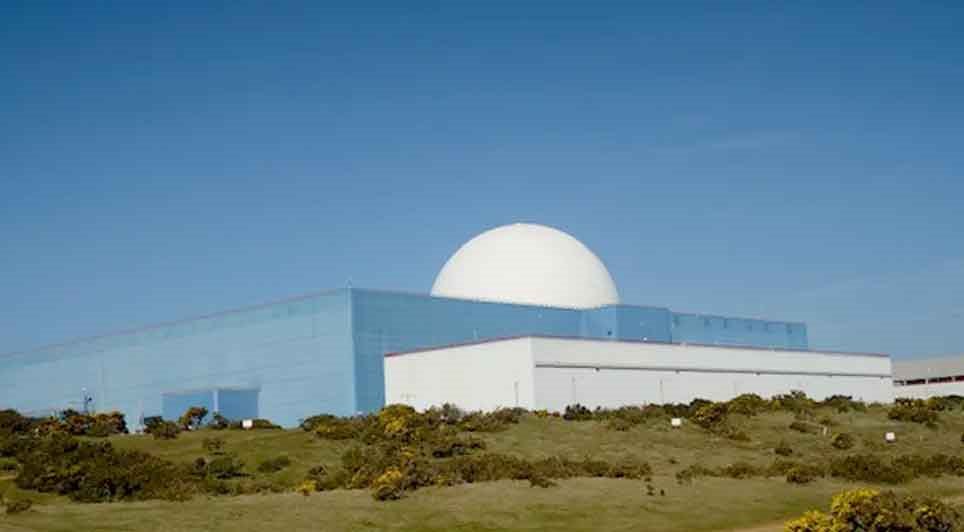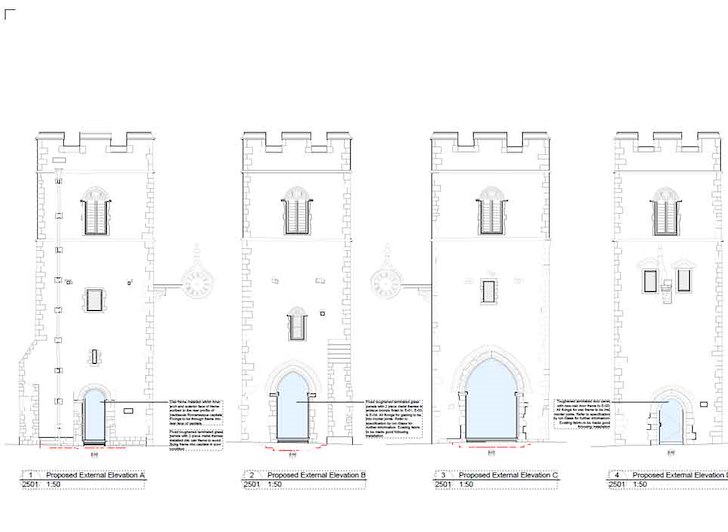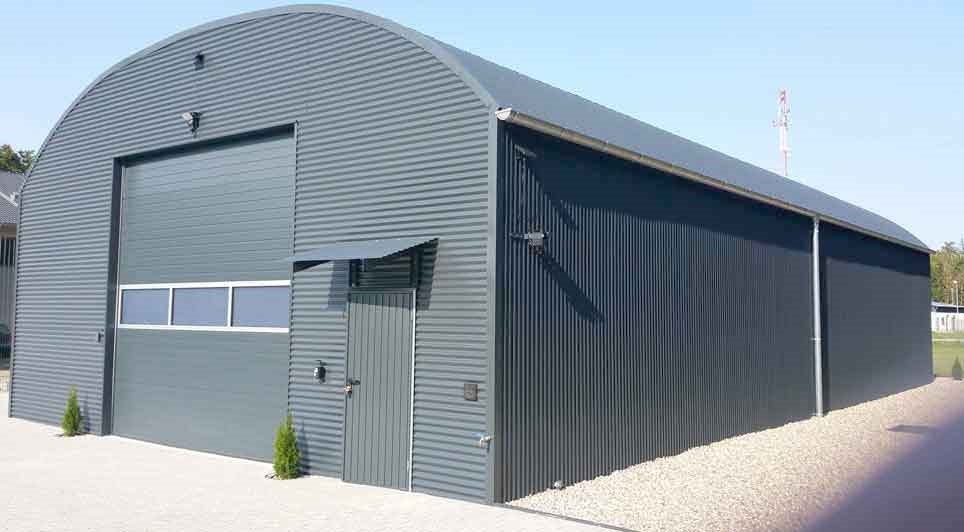The University of Wolverhampton has unveiled an £11 million low-carbon infrastructure project aimed at significantly reducing carbon emissions at its Walsall Campus, in partnership with Vital Energi.
The initiative, backed by £8.6 million in funding from Phase 3c of the Public Sector Decarbonisation Scheme, will introduce a suite of cutting-edge green technologies—including heat pumps, solar photovoltaic (PV) systems, and a heat network—with the goal of cutting over 1,000 tonnes of carbon emissions annually.
A major part of the project involves replacing existing gas-fired heating systems and end-of-life boilers with an advanced air-to-water source cascade heat pump system. This technology will extract heat from the air and raise it to higher temperatures, providing low-carbon heating and hot water to campus buildings.
To further boost energy efficiency, Vital Energi will recover chilled water from the air source heat pumps, reducing the need for separate chillers during the warmer months.
In addition, solar PV panels will be installed on multiple rooftops to generate renewable electricity on-site. The project also includes a range of energy-saving enhancements such as improved heating and cooling controls, air conditioning optimisation, and insulation of pipework.
An underground heat network will be constructed to distribute low-carbon heat to five buildings across the campus, creating a more sustainable and integrated heating system.
The Walsall Campus will also host a 'Living Lab'—a unique feature designed to provide hands-on research opportunities for students and academics. The lab will track the performance of the installed technologies and serve as a hub for real-world learning, operational insights, and academic research impact.
Dr. Pete Cross, Chief Financial Officer at the University of Wolverhampton, said: "At the University of Wolverhampton, we are thrilled to be making great progress towards our sustainability goals and reducing our carbon footprint. This is one of many great initiatives the university is committed to including the Green Innovation Corridor and a partnership with UNITAR to provide student education backed by the United Nations Sustainable Development Goals."
Phil Mottershead, Project Development Director at Vital Energi, added: "We're really pleased to be supporting the University's journey to a net zero future. This project provides a large step towards full heat decarbonisation at the Walsall campus, with the inclusion of Solar PV and energy conservation measures meaning that year on year energy cost savings will also be delivered."
The project is funded through the government's Public Sector Decarbonisation Scheme, which is delivered by Salix Finance on behalf of the Department for Energy Security and Net Zero.
Ian Rodger, Director of Public Sector Decarbonisation at Salix, said: "At Salix every day we’re driven to helping organisations reduce carbon emissions and introduce more energy efficiency measures.
"In the face of climate change we have no time to waste. We’re pleased to support the University of Wolverhampton in the journey to net zero and look forward to seeing the progress made thanks to the Public Sector Decarbonisation Scheme funding."
 UK
UK Ireland
Ireland Scotland
Scotland London
London






















